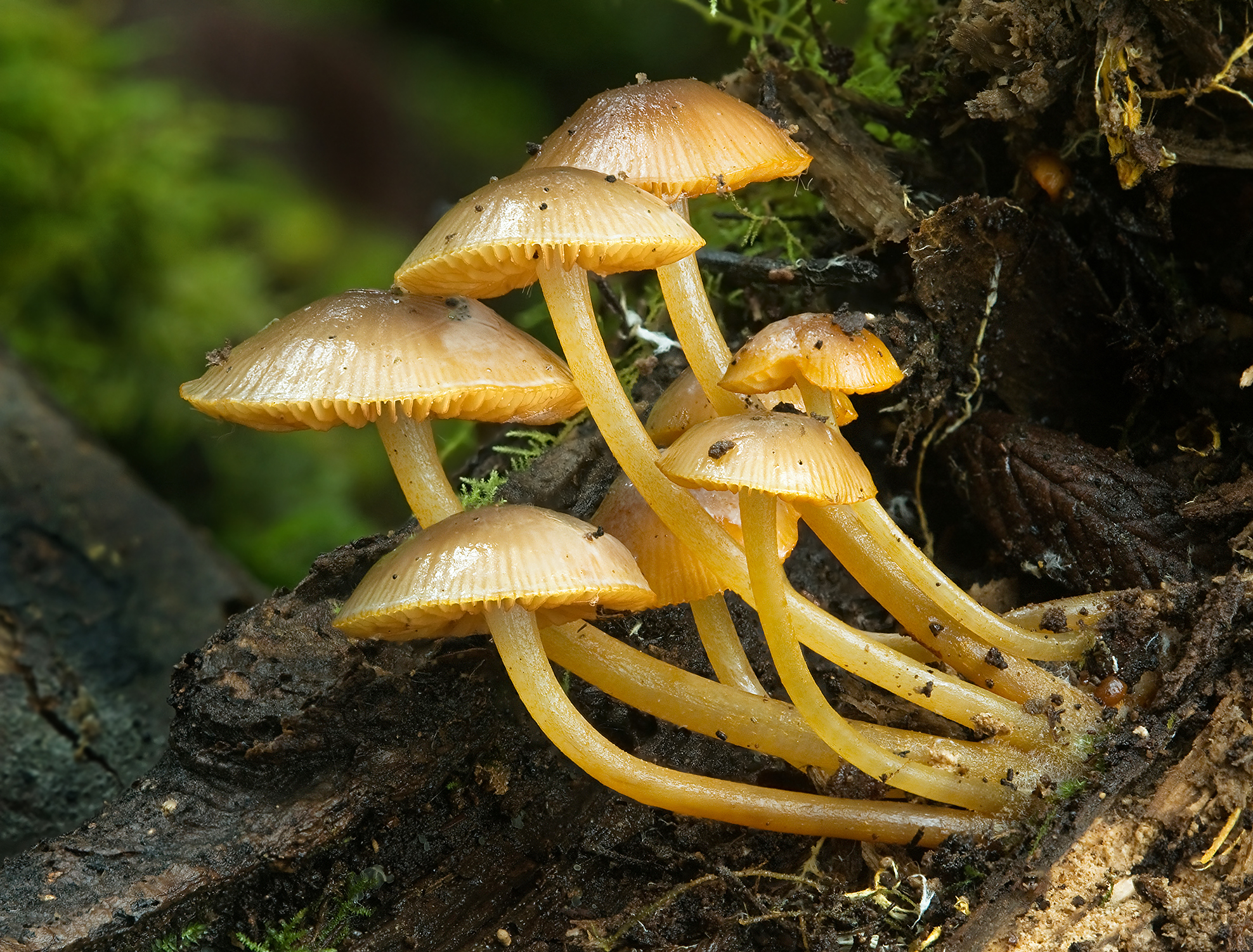|
Henry Honywood Dombrain
Henry Honywood Dombrain (1818–1905) was a British botanist, mycologist Mycology is the branch of biology concerned with the study of fungus, fungi, including their genetics, genetic and biochemistry, biochemical properties, their Taxonomy (biology), taxonomy and ethnomycology, their use to humans, including as a so ... and cleric who specialised in the study of ornamental flowering plants. Publications * 1873. ''The gladiolus: its history, cultivation, and exhibition'', (ed.) L. Reeve & Co, 56 pp. (Reissued 2009, Cornell University Library) * 1908. ''Roses for amateurs;: A practical guide to the selection and cultivation of the best roses for exhibition or garden decoration'', (ed.) Gill; 3rd ed., 116 pp. (Reissued Kessinger Publishing 2009. ) References External links {{DEFAULTSORT:Dombrain, Henry Honywood British botanists 1818 births 1905 deaths ... [...More Info...] [...Related Items...] OR: [Wikipedia] [Google] [Baidu] |
Botany
Botany, also called , plant biology or phytology, is the science of plant life and a branch of biology. A botanist, plant scientist or phytologist is a scientist who specialises in this field. The term "botany" comes from the Ancient Greek word (''botanē'') meaning " pasture", " herbs" "grass", or " fodder"; is in turn derived from (), "to feed" or "to graze". Traditionally, botany has also included the study of fungi and algae by mycologists and phycologists respectively, with the study of these three groups of organisms remaining within the sphere of interest of the International Botanical Congress. Nowadays, botanists (in the strict sense) study approximately 410,000 species of land plants of which some 391,000 species are vascular plants (including approximately 369,000 species of flowering plants), and approximately 20,000 are bryophytes. Botany originated in prehistory as herbalism with the efforts of early humans to identify – and later cultivate – ed ... [...More Info...] [...Related Items...] OR: [Wikipedia] [Google] [Baidu] |
British People
British people or Britons, also known colloquially as Brits, are the citizens of the United Kingdom of Great Britain and Northern Ireland, the British Overseas Territories, and the Crown dependencies.: British nationality law governs modern British citizenship and nationality, which can be acquired, for instance, by descent from British nationals. When used in a historical context, "British" or "Britons" can refer to the Ancient Britons, the indigenous inhabitants of Great Britain and Brittany, whose surviving members are the modern Welsh people, Cornish people, and Bretons. It also refers to citizens of the former British Empire, who settled in the country prior to 1973, and hold neither UK citizenship nor nationality. Though early assertions of being British date from the Late Middle Ages, the Union of the Crowns in 1603 and the creation of the Kingdom of Great Britain in 1707 triggered a sense of British national identity.. The notion of Britishness and a shared Brit ... [...More Info...] [...Related Items...] OR: [Wikipedia] [Google] [Baidu] |
Botanist
Botany, also called , plant biology or phytology, is the science of plant life and a branch of biology. A botanist, plant scientist or phytologist is a scientist who specialises in this field. The term "botany" comes from the Ancient Greek word (''botanē'') meaning "pasture", " herbs" "grass", or " fodder"; is in turn derived from (), "to feed" or "to graze". Traditionally, botany has also included the study of fungi and algae by mycologists and phycologists respectively, with the study of these three groups of organisms remaining within the sphere of interest of the International Botanical Congress. Nowadays, botanists (in the strict sense) study approximately 410,000 species of land plants of which some 391,000 species are vascular plants (including approximately 369,000 species of flowering plants), and approximately 20,000 are bryophytes. Botany originated in prehistory as herbalism with the efforts of early humans to identify – and later cultivate – edible, med ... [...More Info...] [...Related Items...] OR: [Wikipedia] [Google] [Baidu] |
Mycologist
Mycology is the branch of biology concerned with the study of fungus, fungi, including their genetics, genetic and biochemistry, biochemical properties, their Taxonomy (biology), taxonomy and ethnomycology, their use to humans, including as a source for tinder, traditional medicine, Edible mushroom, food, and entheogens, as well as their dangers, such as poison, toxicity or fungal infection, infection. A biologist specializing in mycology is called a mycologist. Mycology branches into the field of phytopathology, the study of plant diseases, and the two disciplines remain closely related because the vast majority of plant pathogens are fungi. Overview Historically, mycology was a branch of botany because, although fungi are evolutionarily more closely related to animals than to plants, this was not recognized until a few decades ago. Pioneer mycologists included Elias Magnus Fries, Christian Hendrik Persoon, Anton de Bary, Elizabeth Eaton Morse, and Lewis David von Schweinitz ... [...More Info...] [...Related Items...] OR: [Wikipedia] [Google] [Baidu] |
Cleric
Clergy are formal leaders within established religions. Their roles and functions vary in different religious traditions, but usually involve presiding over specific rituals and teaching their religion's doctrines and practices. Some of the terms used for individual clergy are clergyman, clergywoman, clergyperson, churchman, and cleric, while clerk in holy orders has a long history but is rarely used. In Christianity, the specific names and roles of the clergy vary by denomination and there is a wide range of formal and informal clergy positions, including deacons, elders, priests, bishops, preachers, pastors, presbyters, ministers, and the pope. In Islam, a religious leader is often known formally or informally as an imam, caliph, qadi, mufti, mullah, muezzin, or ayatollah. In the Jewish tradition, a religious leader is often a rabbi (teacher) or hazzan (cantor). Etymology The word ''cleric'' comes from the ecclesiastical Latin ''Clericus'', for those belonging ... [...More Info...] [...Related Items...] OR: [Wikipedia] [Google] [Baidu] |
Ornamental Plants
Ornamental plants or garden plants are plants that are primarily grown for their beauty but also for qualities such as scent or how they shape physical space. Many flowering plants and garden varieties tend to be specially bred cultivars that improve on the original species in qualities such as color, shape, scent, and long-lasting blooms. There are many examples of fine ornamental plants that can provide height, privacy, and beauty for any garden. These ornamental perennial plants have seeds that allow them to reproduce. One of the beauties of ornamental grasses is that they are very versatile and low maintenance. Almost any types of plant have ornamental varieties: trees, shrubs, climbers, grasses, succulents. aquatic plants, herbaceous perennials and annual plants. Non-botanical classifications include houseplants, bedding plants, hedges, plants for cut flowers and foliage plants. The cultivation of ornamental plants comes under floriculture and tree nurseries, which is a ma ... [...More Info...] [...Related Items...] OR: [Wikipedia] [Google] [Baidu] |
British Botanists
British may refer to: Peoples, culture, and language * British people, nationals or natives of the United Kingdom, British Overseas Territories, and Crown Dependencies. ** Britishness, the British identity and common culture * British English, the English language as spoken and written in the United Kingdom or, more broadly, throughout the British Isles * Celtic Britons, an ancient ethno-linguistic group * Brittonic languages, a branch of the Insular Celtic language family (formerly called British) ** Common Brittonic, an ancient language Other uses *''Brit(ish)'', a 2018 memoir by Afua Hirsch *People or things associated with: ** Great Britain, an island ** United Kingdom, a sovereign state ** Kingdom of Great Britain (1707–1800) ** United Kingdom of Great Britain and Ireland (1801–1922) See also * Terminology of the British Isles * Alternative names for the British * English (other) * Britannic (other) * British Isles * Brit (other) * Briton ( ... [...More Info...] [...Related Items...] OR: [Wikipedia] [Google] [Baidu] |
1818 Births
Events January–March * January 1 ** Battle of Koregaon: Troops of the British East India Company score a decisive victory over the Maratha Empire. ** Mary Shelley's ''Frankenstein'' is published anonymously in London. * January 2 – The British Institution of Civil Engineers is founded. * January 3 (21:52 UTC) – Venus occults Jupiter. It is the last occultation of one planet by another before November 22, 2065. * January 6 – The Treaty of Mandeswar brings an end to the Third Anglo-Maratha War, ending the dominance of Marathas, and enhancing the power of the British East India Company, which controls territory occupied by 180 million Indians. * January 11 – Percy Bysshe Shelley's ''Ozymandias'' is published pseudonymously in London. * January 12 – The Dandy horse (''Laufmaschine'' bicycle) is invented by Karl Drais in Mannheim. * February 3 – Jeremiah Chubb is granted a British patent for the Chubb detector lock. * February 5 – Upon his death, K ... [...More Info...] [...Related Items...] OR: [Wikipedia] [Google] [Baidu] |





